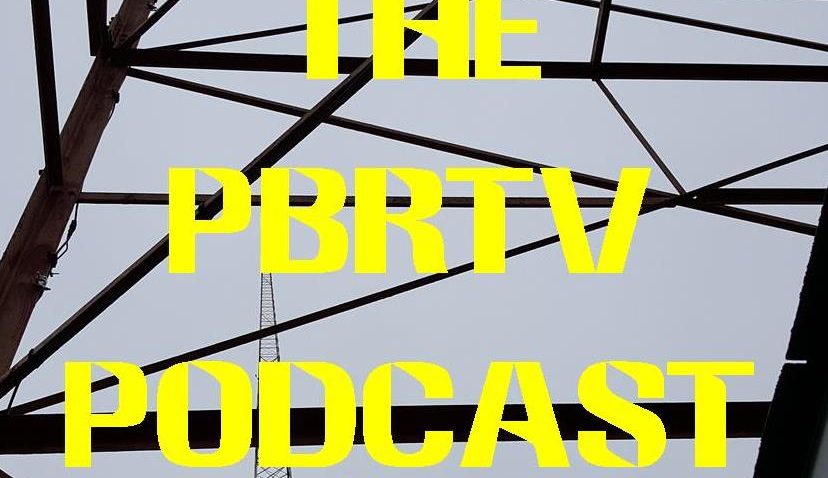Consolidation, round 2
November 2, 2007The existing FCC rules have been under review since a federal appeals court ruled in 2004 that they set limits that were arbitrary and poorly justified. The Supreme Court in 2005 declined to review the appellate court’s decision.
The rules, ironically, were challenged by Prometheus, a foe of media consolidation. But the court decision emboldened FCC Chairman Kevin Martin to relax the regulations further.
At a minimum, Martin is believed to favor allowing the same company to own both a TV station and major newspaper in the same market, according to the Hollywood Reporter.
A few such situations already exist (as in Chicago, where the Tribune Company owns both WGN radio and TV and its namesake paper) under special waivers or grandfathered arrangements, but Martin would like to lift the remaining restrictions.
In addition, industry analysts claim that Martin would also like to lift ownership caps that restrict companies from owning more than seven radio stations in a market the size of Pittsburgh.
Martin is one of three Republicans on the five-member commission. The two Democratic commissioners, Jonathan Adelstein and Michael Copps, have claimed the public hearings are little more than “window dressing” and that Martin, under pressure from the Bush Administration, has already decided on making sweeping changes to the ownership limits.
Even Republican congressional leaders like U.S. Sen. Trent Lott of Mississippi have accused Martin of rushing through the changes without adequate time for public input. Lott and Democratic U.S. Sen. Byron Dorgan have predicted the Senate will try to block any FCC rules that increase the number of stations a single company may own in a market.
During previous rounds of consolidation in Pittsburgh, KDKA-TV (2) and WPGH-TV (53) added sister stations (channels 19 and 22, respectively), while on the radio dial several operators disappeared through mergers or acquistions; Clear Channel now owns six of the city’s top 20 radio stations, while CBS owns four. In addition, four suburban radio stations in Pennsylvania and Ohio controlled by Keymarket Communications are now simulcast all or part of the day.
Bob Edwards, former host of NPR’s “Morning Edition” and now a presenter for XM Satellite Radio, told the FCC that “the drive to consolidate ownership of media seems to ignore the disaster that consolidation has brought to local news and public affairs on radio in this country.”
Speaking on behalf of the American Federation of Radio & Television Artists, Edwards noted that when Westinghouse and CBS merged their Chicago operations, all-news radio station WMAQ was killed, because it was in competition with the company’s WBBM, “leaving the third largest radio market in the United States with only one all-news radio station.”
“Although these moves may have been highly profitable for Viacom, they were hardly in the public interest,” Edwards said.
But Marcellus Alexander, executive vice president for television at NAB, said broadcasters remain “vigilant” to the public interest because it’s also in their financial best interest to be part of a “vibrant, competitive marketplace,” according to Broadcasting & Cable and Radio World.
During the recent California wildfires, he noted, KABC-TV in Los Angeles canceled regular programming and commercials to provide news and public service features.
When any changes might be proposed is still unclear.
Leslie Stimson, Washington bureau chief for Radio World, asked Martin point-blank if he still wants the rule changes put to a commission vote before the FCC’s last public meeting of the year in December.
Martin, Stimson writes, would not answer.
Virtually everyone — from the left, center and right — seems to think that further consolidation of radio and TV ownership is a bad thing.
 Yet virtually all of them think it’s going to happen, no matter what they say.
Yet virtually all of them think it’s going to happen, no matter what they say.
The Federal Communications Commission’s most recent public hearing on “localism” in broadcasting was held Wednesday, after less than a week’s notice. It’s one of six hearings the commission has had to receive public comments on “localism.”
But virtually everyone involved understands that the FCC’s official concerns about “localism” are actually coded language that means “preserving local content while revising station ownership rules.”
As a result, the latest hearing (which could be the last before the FCC issues new ownership rules) was mainly a parade of protests from groups as philosophically different as the left-wing Prometheus Radio Project and the conservative Parents Television Council, but united in their opposition to more broadcast consolidation.
Only one speaker — representing the National Association of Broadcasters — defended consolidation, saying media companies need to group print, TV and radio properties together to remain profitable in a marketplace divided by new listening and viewing options on satellite and the Internet …

